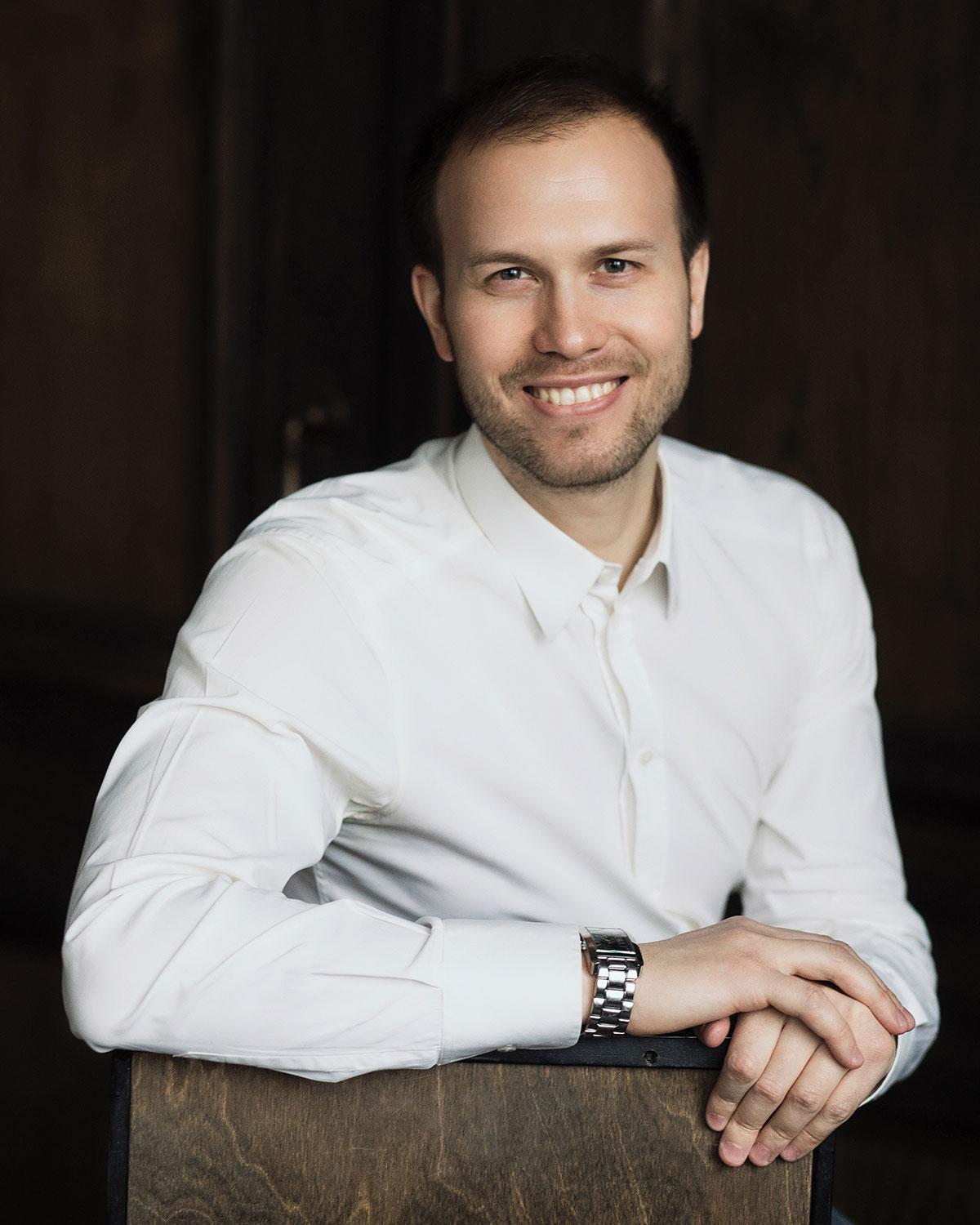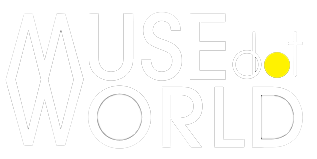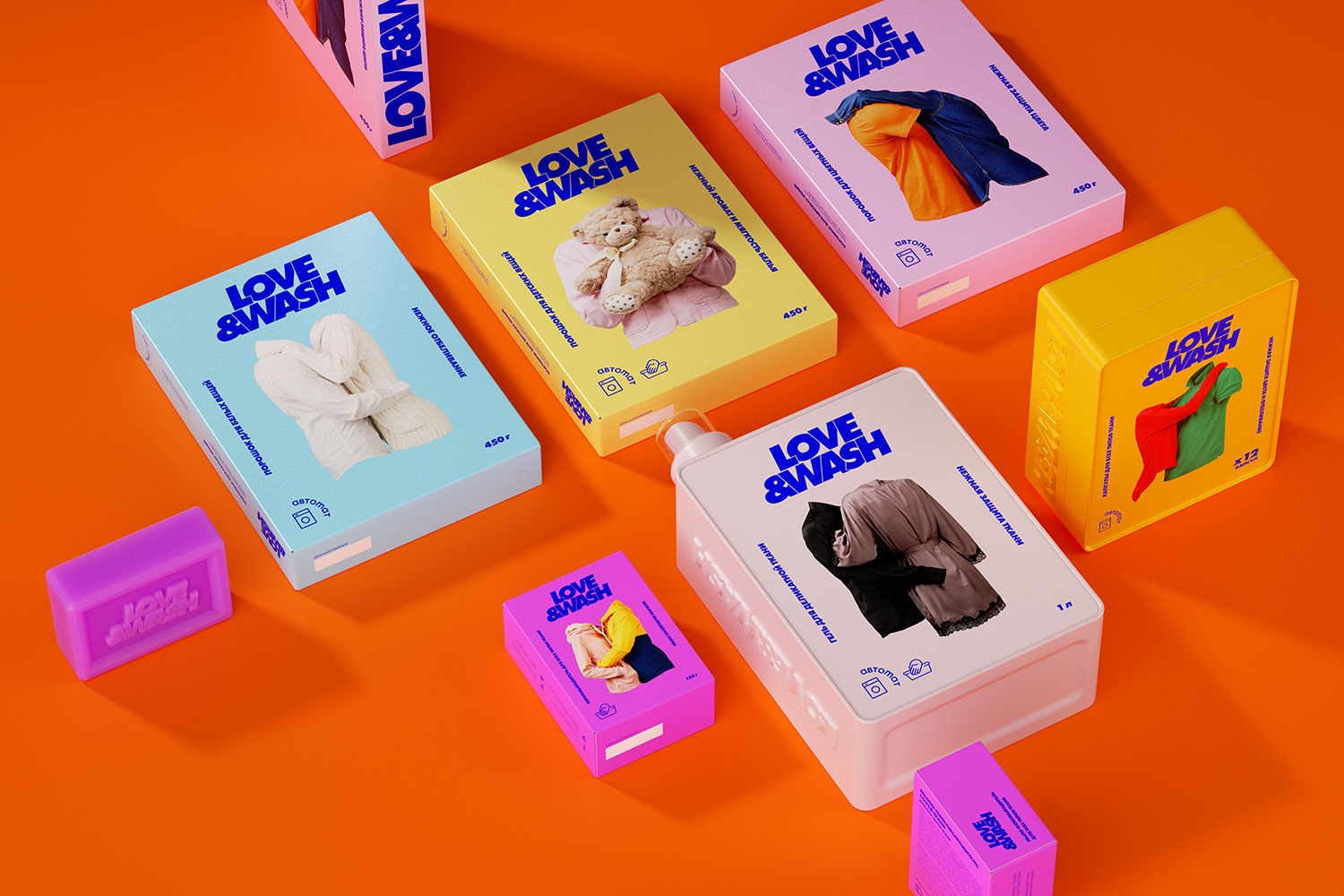Interview with Alexander Cherkasov, Art Director & Designer, RU

Interview with Faldo Andreo Honggowidjojo, Head of Design Consultant of Fal Andreo and Design Associates, ID
December 11, 2019
Interview with Sylvain Bilodeau, Architect of Architecturama, CA
December 24, 2019
Alexander Cherkasov
Alexander is a creative whose specialty lies in visual communication, practicing corporate branding and packaging for consumer goods.
Interview with the 2019 Muse Design Awards Winner - Alexander Cherkasov
1Please give us a brief bio of yourself and your design background.
My name is Alexander. I am 33 years old, I specialize in visual communications and live in Moscow. I have several professional creative educations. The most important role in my formation as a designer was during my training at the British school of design where I was taught by the excellent teacher Leonid Slavin.
2What made you become/why did you choose to become a designer/artist?
I received my first education as a professional artist, but it seemed to me that I will be able to realize myself better in design. Nevertheless, artistic skills help me in graphic design.
3Tell us more about your business/company, job profile, and what you do.
For the last five years I practice corporate branding - I create corporate identity and packaging for consumer goods, as well as doing creative projects, such as Love&wash, which won the competition.
4What does “design” mean to you?
For me, design is a constant experiment and a way to influence the surrounding visual environment. I also believe that design is an indicator of the culture of author, country, time.
5What’s your favorite kind of design and why?
I like traditional graphic design, such studios as Pentagram, Sagmeister & Walsh, Lundgren+Lindqvist, Anagrama Studio, because generations of designers around the world are learning and will continue to learn on their work. They instill taste and understanding of the profession.
6To you, what makes a “good” design?
A good design for me is one that finds the maximum response from others. And of course it is a design that is timeless, which mean, that in 10 years it will not lose its relevance.
7Describe your design style and its main characteristics.
In my projects I use the accumulated experience, but I always try to do something new, that means that I am constantly learning. The basis of my work is based on the principle: idea-composition-plastic-color scheme.
8Tell us about your design process.
Firstly, I think about the idea. It is important that it completely mastered the consciousness: when you eat, sleep, or go somewhere, then you can start working on the project. Then I do a huge number of options at all stages of design to weed out all needless options and to stay at one.
9Do you think your country and its cultural heritage has an impact on your design process?
I think that this is inextricably linked. And Russia rapidly develop in all directions.
10Congratulations! As the winner of the 2019 MUSE Awards, what does it mean to you and your company and team to receive this award distinction?
A recognition that my work is interesting to others is an incentive to move in the same direction with double the energy.
11Can you explain a bit about the winning work you entered into the 2019 MUSE Awards, and why you chose to enter this project?
First of all, my work is primarily about feelings. This is the concept of clothes washing products. I put the idea of love into the design. This is reflected in the name and images of hugging clothes on the packages. I was interested to know the opinion of a professional jury about my work on another continent.
12What was the biggest challenge with this project?
There were no troubles, on the contrary I had a great pleasure to work on this project. In addition, thanks to it, I met with excellent professionals and began to cooperate with them.
13How has winning an Award developed your practice/career?
First of all, the best way is a prestige. But I hope the result of this victory is still ahead.
14What makes your country specifically, unique in the creative industry?
A large number of talented people and tendency to learning and experimentation in creativity make Russia unique.
15Where do you see the evolution of creative industry going over the next 5-10 years?
In the digital space, the video design and lettering.
16If you were a student entering this industry or an aspiring MUSE Award submitter, what advice would you give them?
Follow the creativity of the industry's flagships, work hard and fear nothing.
17What resources would you recommend to someone who wants to improve their skills in the creative industry?
One of the main resources is an indicator of enthusiasm. You need to find your own sources of inspiration: lectures, books, works of other designers, and not walk the beaten paths.
18Who has inspired you in your life and why?
I once attended a performance by Stefan Zagmeister in Moscow. It turned my mind and opened my eyes on my profession.
19What is your key to success? Any parting words of wisdom?
There is no single recipe. But if you work hard for a long time, get feedback from colleagues and learn from mistakes, then a positive result is sure to happen.
20Do you have anything else you would like to add to the interview?
I want to thank everyone who supported me.
Winning Entries
Love&wash | 2019
Love&wash is a brand for washing clothes The brand line includes the most necessary things: washing powders, washing gel, capsules and stain remover...
(read more at Muse Awards)
(read more at Muse Awards)
Alexander Cherkasov
Alexander is a creative whose specialty lies in visual communication, practicing corporate branding and packaging for consumer goods.

